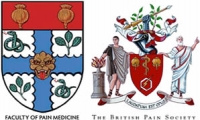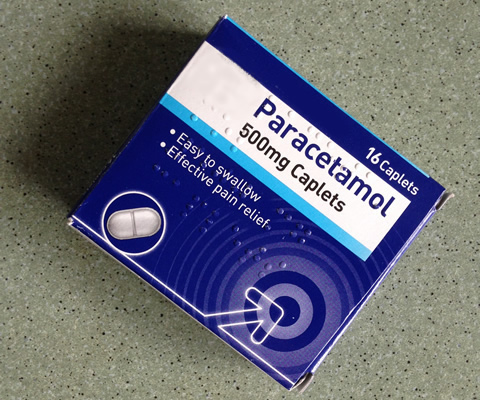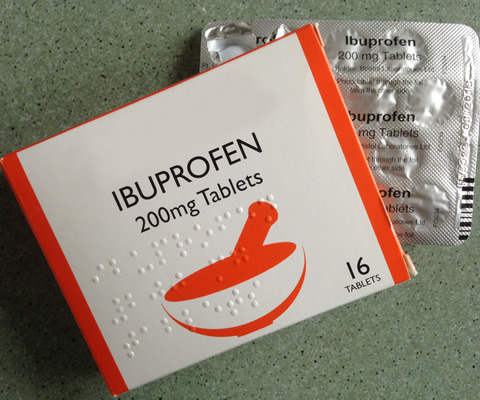Medications and Older Adults course



This session describes the physiological changes that occur with ageing and the effects these changes have on the handling of analgesic medicines.
Learning Objectives
By the end of this session you will be able to:
- Describe the physiological changes of ageing that alter drug handling
- Outline the effect of physiological changes on the handling of paracetamol and NSAIDs in older people
- Explain the clinical relevance of pharmacological differences between different opioids in older people
- Describe the considerations when choosing pharmacological treatments for neuropathic pain in older people
- Identify topical treatments for pain that may be effective for older people
Pain is a common symptom for many older people, who often have other conditions or illnesses and take multiple medicines. Safe prescribing of analgesics in older people is complex due to changes in how the body handles medicines, other medical conditions, polypharmacy and variability in response.
Roger completed his pre-registration training in the pharmaceutical industry and hospital pharmacy. He originally came to Nottingham to study for a doctorate in opioid pharmacology where his interest in pain management began.
For nearly ten years, Roger’s main role was to provide a clinical pharmacy service to the Anaesthetics directorate and to contribute to clinical activity of the multidisciplinary Pain Management Service. In September 2011, he was appointed to a new clinical academic position that provides teaching and research opportunities whilst maintaining regular clinical practice.
Roger is chair of the United Kingdom Clinical Pharmacy Association Pain Management Group. He was co-opted to the Council of The British Pain Society for several years before becoming and elected Council Member in 2011. He represents the Royal Pharmaceutical Society on pain management issues in both online and traditional media, including BBC Regional Radio regular comment.
Roger is a module editor and author for the ePAIN project.


- Surgery | Common Surgical Conditions | Skin Head a...
- Posted By eIntegrity Healthcare e-Learning
- Posted Date: 2025-01-14
- Location:Online
- This session outlines the important steps in the management of epistaxis, particularly in terms of recognising and managing anterior and posterior bleeds, and when to refer to an otolaryngologist.
- 02_35 Skin, Head and Neck: Lumps
- Posted By eIntegrity Healthcare e-Learning
- Posted Date: 2025-01-14
- Location:Online
- This session provides an overview of the approach to patients presenting with common head and neck lumps. It describes the common pathologies of benign/malignant and congenital/acquired neck swellings and provides an overview of a safe clinical approach t
- Surgery | Common Surgical Conditions | Trauma and ...
- Posted By eIntegrity Healthcare e-Learning
- Posted Date: 2025-01-14
- Location:Online
- This session will review common causes of back pain and the relevant investigations required to make a diagnosis. We will also review the management of common conditions.
- Surgery | Common Surgical Conditions | Trauma and ...
- Posted By eIntegrity Healthcare e-Learning
- Posted Date: 2025-01-14
- Location:Online
- This session will cover common upper limb peripheral neuropathies.
- Surgery | Common Surgical Conditions | Trauma and ...
- Posted By eIntegrity Healthcare e-Learning
- Posted Date: 2025-01-14
- Location:Online
- This session details the different types of metastatic bone disease, the treatment options available and when prophylactic surgical stabilisation may be indicated.







